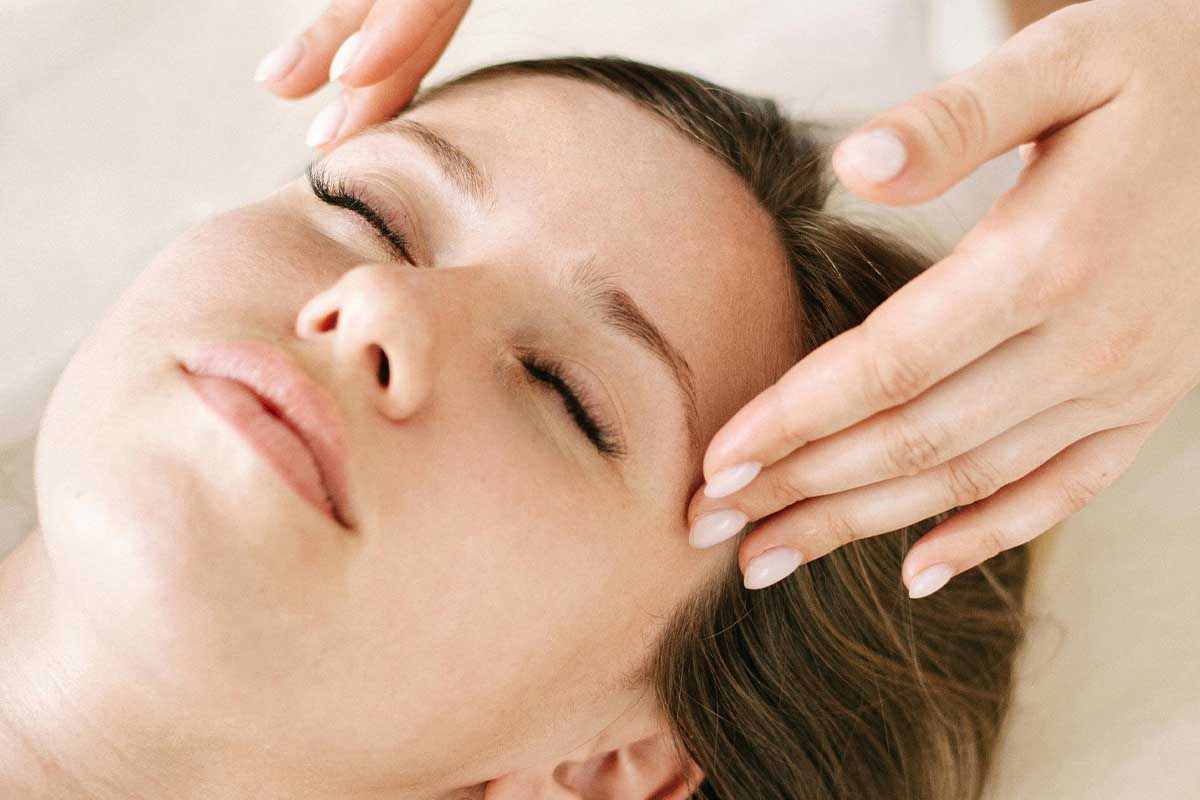Advertisement
Deeper Beauty
Enhance your skin care with serums

If you’re like most women, you have a cabinet full of squeeze bottles and pump-tops whose contents attempt to mimic an ocean breeze or a vast field of lavender. Are all those different kinds of lotions really necessary, or will one type fit all your needs?
Antiaging serums. Antioxidant serums. Firming serums. The word “serum” seems to be popping up everywhere in the beauty world. Are serums simply the latest skin care trend, or is there something more? In most cases, yes, there is something deeper–quite literally!
Old-guard beauty routines consisted of a wash with a cleanser, a swipe of toner, and a final application of moisturizer. Beauty experts are now saying that we’ve been missing one critical step: the application of a serum.
Serum is a liquid applied after cleansing the skin and before moisturizing. Because serums contain fewer oils than most moisturizers and are water based, they are lighter and therefore penetrate through the skin’s uppermost layer, the corneum, to reach the underlying layers. Serums reach deep, and that’s why they’re so effective. The skin is able to absorb more of the beneficial ingredients in serums. After cleansing, the idea is to use a serum rather than a toner, and then finish off with a moisturizer. The serum itself will benefit the skin and will also help it take in the benefits of moisturizer.
Targeted Solutions
There are many types of serums on today’s beauty market. Serums are usually created to target a specific skin problem, and to solve that problem effectively. The most popular are those claiming to be anti-aging products. These generally contain vitamins to help nourish the skin and keep it looking firm and youthful. Another popular serum aids in the treatment and prevention of acne.
This type of serum can be used in place of a toner after cleansing and will refine the skin by exfoliating debris from pores. The naturally occurring fruit acids in serums containing alpha- and beta-hydroxy acids (AHA and BHA) help prevent breakouts.
A Little Goes a Long Way
Because serums are very effective (when they contain the right ingredients), they are usually quite costly. Serums, however, are concentrated–a little dab will go a long way. Of course, it’s best to use a serum in your skin care routine daily, but a serum may also serve as a quick fix when experiencing dry skin or an acne crisis. Serums are highly active, so if you have any concerns, consult a skin care professional before adding one to your daily routine.
If you’re simply curious about serums, a good 20 minutes with a beauty-counter consultant may give you a better idea of which one would be best for your particular skin type. Look for serums that contain mostly plant-derived ingredients, as these are gentle on the skin and are packed with vitamins. Most skin care manufacturers have added serums to their product lines, so you should be able to find a serum that will work with your current routine.
Want to add some depth to your skin care routine? Try a serum! With a little research and some help from your skin care professional, you just might find that this new little product will deliver big results!
Ingredients to Look For In a Serum
Alpha- and beta-hydroxy acids: help to exfoliate and refine skin
Vitamin A: aids elasticity of skin, texture, smoothness, and firmness
Vitamin C: keeps skin soft and reduces dark patches
Vitamin D: aids skin-cell turnover and helps skin texture
CoQ10: helps skin circulation and improves tone and clarity
Green tea: fights free radicals that create damage in the skin




